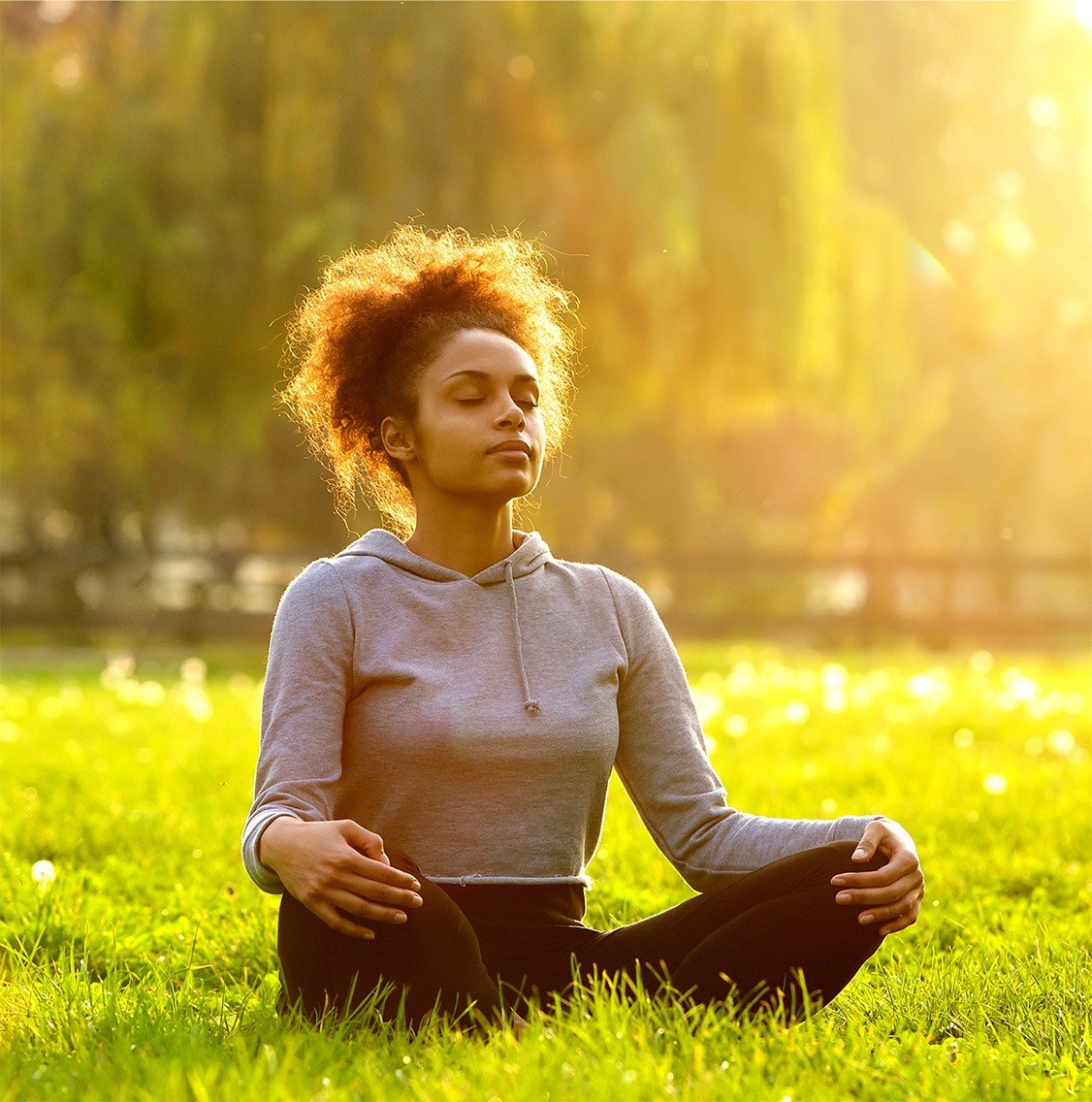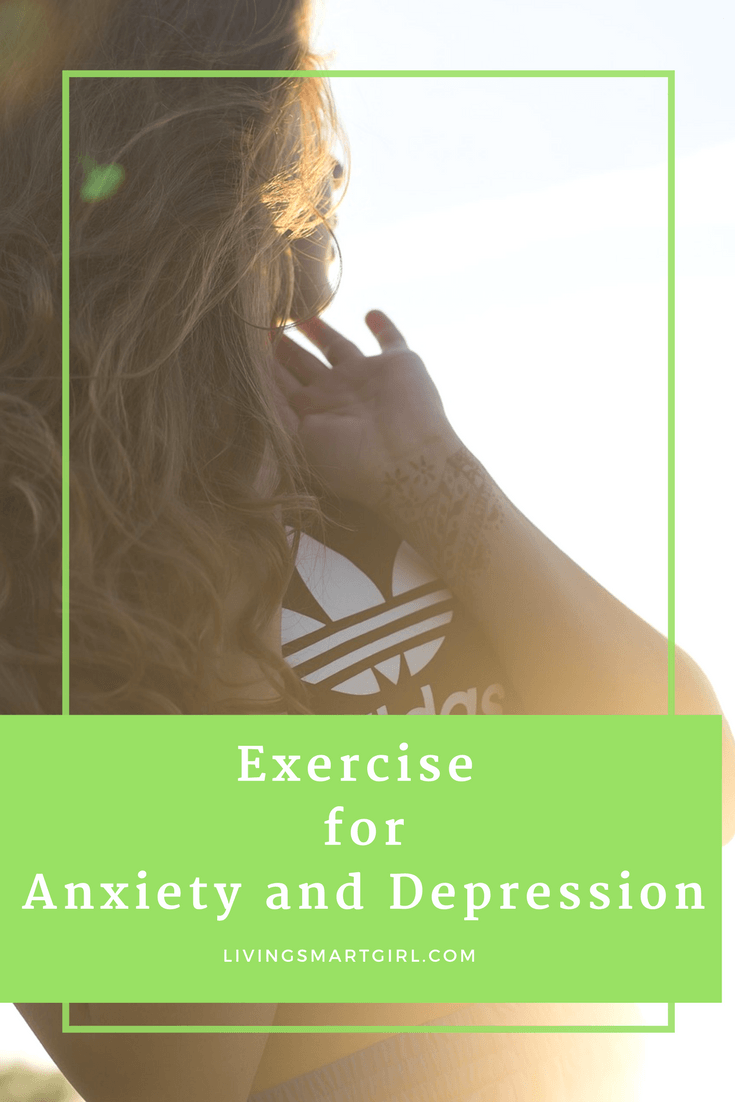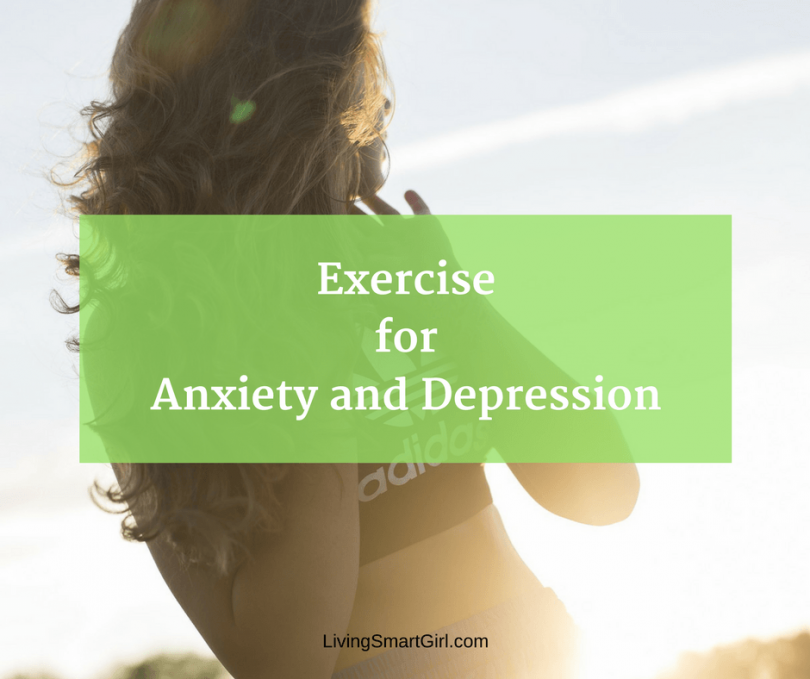Adverse Childhood Experiences (ACE’s) effect you emotionally and physically into adulthood more than you may realize. Exercise is a useful tool in helping cope with anxiety, depression, and other other emotional and physical consequences of ACE’s. Let’s take a look into helpful ways you can use exercise to fight against the wounds of childhood trauma and how it helps.

What’s your idea of reasons for exercise? Weight Loss? Build Muscle? But did you know exercise helps you mentally, too? Even more specifically, exercise for anxiety and depression can help relieve symptoms. And when you’ve experienced one or more ACE’s in your childhood, exercise can help with both emotional scars and fight again physical ailments like high blood pressure and heart disease. It works along with good nutrition that we discussed in our last post about ACE’s: Three Ways Food Can Fight Against Toxic Stress.
Why Exercise for Anxiety and Depression?
You’ve probably heard exercising has many physical advantages. From helping improve diabetes to arthritis, exercise helps relieve physical ailments. And though it’s not completely clear why, exercise is being found to help with anxiety and depression, too.
Physical Benefits
Despite us not being complete sure why it happens, what it known is that has been found to help ease symptoms and may keep anxiety and depression from returning. When you exercise, your body releases endorphins and other chemicals from the brain which give you a sense of well-being. Also, you break the cycle of worrying by getting your mind off thoughts causing your anxiety or depression.
Psychological & Emotional Benefits
As you develop the habit of exercise, you feel a sense of accomplishment. Through even small goals being met, you build your self-confidence. Plus, you’ll start to feel better about your physical appearance.
Next, exercise gives you opportunities to socialize and get out of the house more often. A walk around your neighborhood or a visit to the gym lets you have some fresh air, sunlight and be around other people.
Lastly, it helps you cope with problems in a positive way. You will less likely to turn to alcohol or dwelling on your feelings that only pushes you further down.
Types of Exercise
Exercise for anxiety and depression is not just structured exercises, but can include any type of physical activity.

Get Physically Active
You might consider physical activities that fit with hobbies or interests like gardening. Or maybe things as simple as house cleaning or washing your car. Anything that helps you get off the couch and get your mind off what’s bothering you. Try a new hobby. Get out and volunteer in your community.
Spend time outdoors with your children. It might be simply walking through the woods exploring. Or, you can do something more physical like playing catch or swimming. It allows you time to relax and deeply connect with your children by spending time being physically active and undistracted by other stuff.
Your relationship strengthens, you enjoy each other’s company, and enjoy the practice of being physically active together.
Find ways you can increase physical activity into your daily routine like taking the stairs. Park further from the front door when shopping. If you live close enough, walk or bike to work.
Just being outdoors in the sunshine stimulates your serotonin levels to boost your mood.
Walk it Off
30 minutes of physical exercise a day is recommended. That could be taking walks, take up running or hike in the woods. Time in nature has been found to improve mood, reduce anxiety and improve memory function.
Yoga
Yoga classes have been found to significantly help with anxiety and depression. The focused breathing in Yoga calms the mind and makes it hard to feel anxious.
Muscle Training
Strength training requires concentration and control. That type of focus breaks the cycle of dwelling on negative thoughts. You’ll also feel better about yourself through accomplishing dedication, training and meeting goals. Plus, you’ll look better physically which boosts self-image.
You can choose a type of physical activity that fits you. Whatever you decide to do will help you stay off the couch and get your mind off negative thoughts that push your anxiety or depression. By staying active you cope with the effects of Adverse Childhood Experiences more easily. Always remember that you aren’t alone.




Leave a Reply